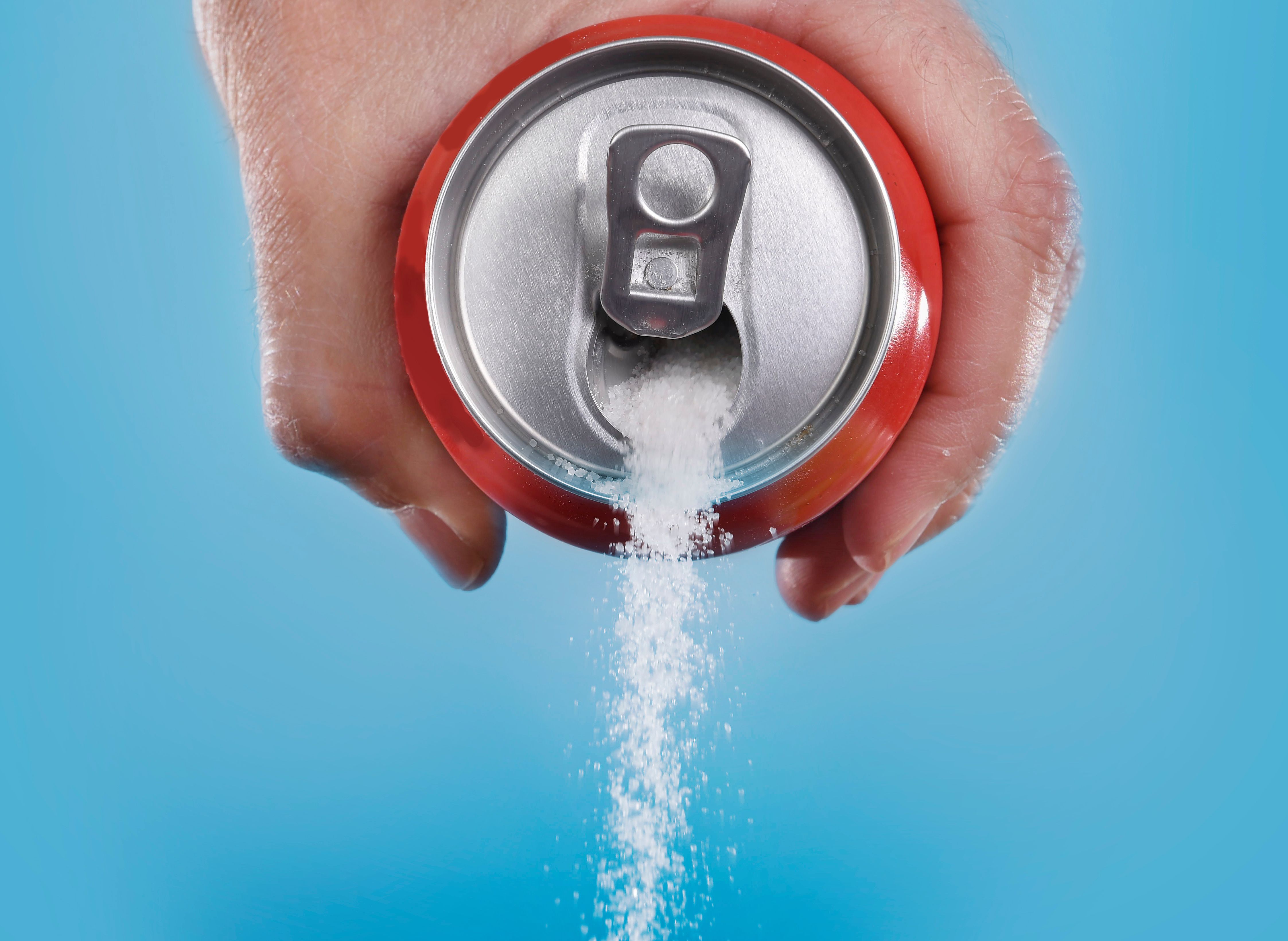Reducing Consumption of Sugary Beverages Combats Negative Health Outcomes
Limiting added or free sugar is recommended to reduce the adverse effects, especially in cardiometabolic disease.
Reducing consumption of added or free sugars to below 25 g per day is recommended to reduce the adverse effect of sugar on health, especially in cardiometabolic disease, according to the results of a study published in The BMJ.
Wordley Calvo Stock - stock.adobe.com

Investigators also found that limiting the consumption of sugar-sweetened beverages to less than 1 serving per week was also beneficial.
The systemic reviews and meta-analyses of the study contained case-control studies, cohort studies, cross-sectional studies, and randomized controlled trials. Investigators used the analyses to evaluate the impact of dietary sugar consumption on health outcomes in individuals who did not have an acute or chronic disease.
There were 73 meta-analyses included, with 83 health outcomes from 8601 articles. Seventy-four unique outcomes in meta-analyses of randomized controlled trials were included.
Investigators found harmful associations between dietary sugar consumption and 18 endocrine/metabolic outcomes, 10 cardiovascular outcomes, 7 cancer outcomes, and 10 other outcomes, including allergic, dental, hepatic, neuropsychiatric, and osteal.
The dietary sugar exposure included 58 sweetened beverages: 11 fructose, 4 added sugars, 4 sucrose, 4 total sugars, 1 free sugar, and 1 lactose.
Significance was found for 45 harmful associations, with 4 beneficial associations, while the remaining 34 were beneficial or harmful but not statistically significant.
Evidence, which was moderate quality, in the studies suggested that the highest versus lowest dietary sugar consumption was associated with increased body weight, for sugar sweetened beverages, and ectopic fatty accumulation, for added sugars.
Additionally, any category of sugar compared with no added sugar consumption was associated with increased liver fat accumulation and muscle fat accumulation.
Higher sugar sweetened beverage consumption compared with non-sugar sweetened beverage consumption had a 55% increased risk of obesity in children associated with high consumption, according to investigators.
Sugar-sweetened beverages were also linked with an increased body mass index for children, increasing by approximately 0.07 united for every 1 serving per day increment of sugar-sweetened beverages.
However, investigators did not find an association between fructose intake with serum uric acid or changes in body weight.
Investigators also said that low-quality evidence indicated that each serving per week of sugar-sweetened beverage consumption had a 4% higher risk of gout. Additionally, each 250 mL per day increment of sugar beverage that was consumed was associated with a 17% higher risk of coronary heart disease and a 4% higher risk of all-cause mortality.
Furthermore, low-quality evidence showed that every 25-g-per-day increment of fructose consumption was associated with a 22% higher risk of pancreatic cancer, according to investigators.
There were no high-quality data found in the review.
The evidence of dietary sugars and cancer is limited and require further research, investigators said.
For a change to be made in the amount of sugar consumed, especially for adolescents and children, a combination of public health education and policies worldwide are needed, they said.
Reference
Huang Y, Chen Z, Chen B, Li J, et al. Dietary sugar consumption and health: umbrella review BMJ. 2023;381:e071609 doi:10.1136/bmj-2022-071609
